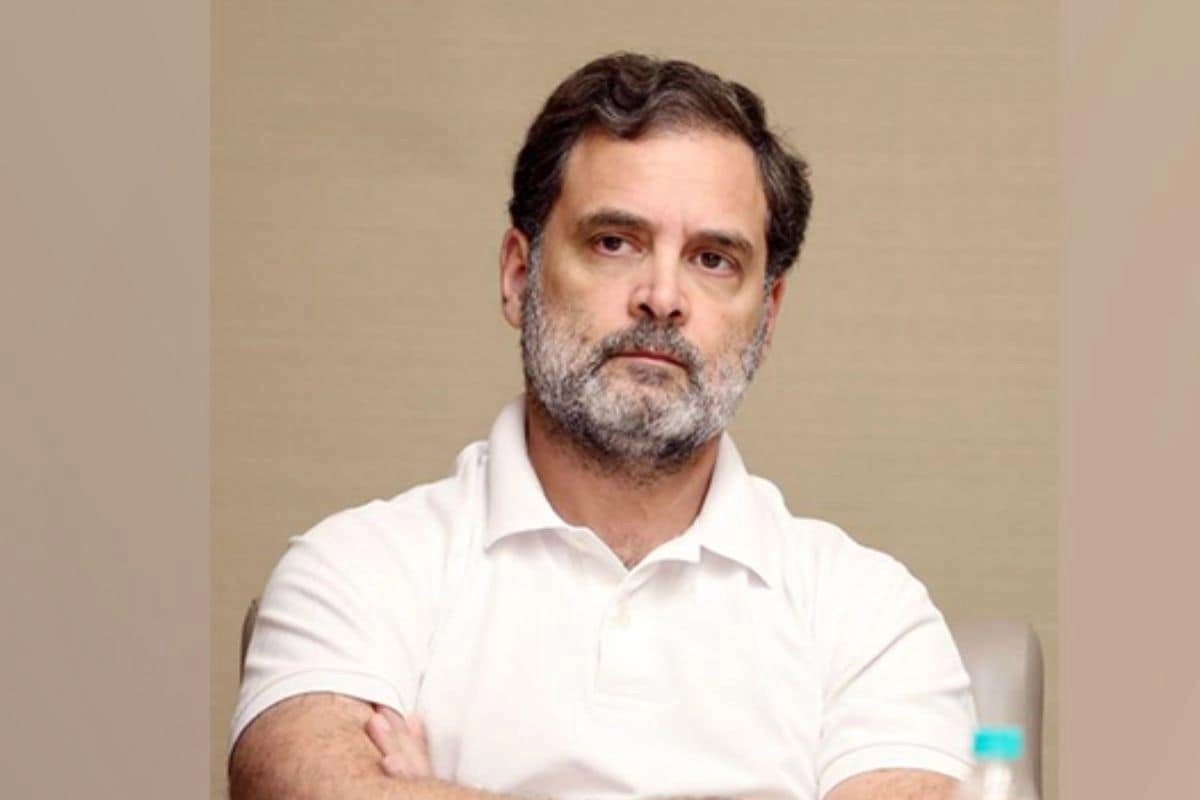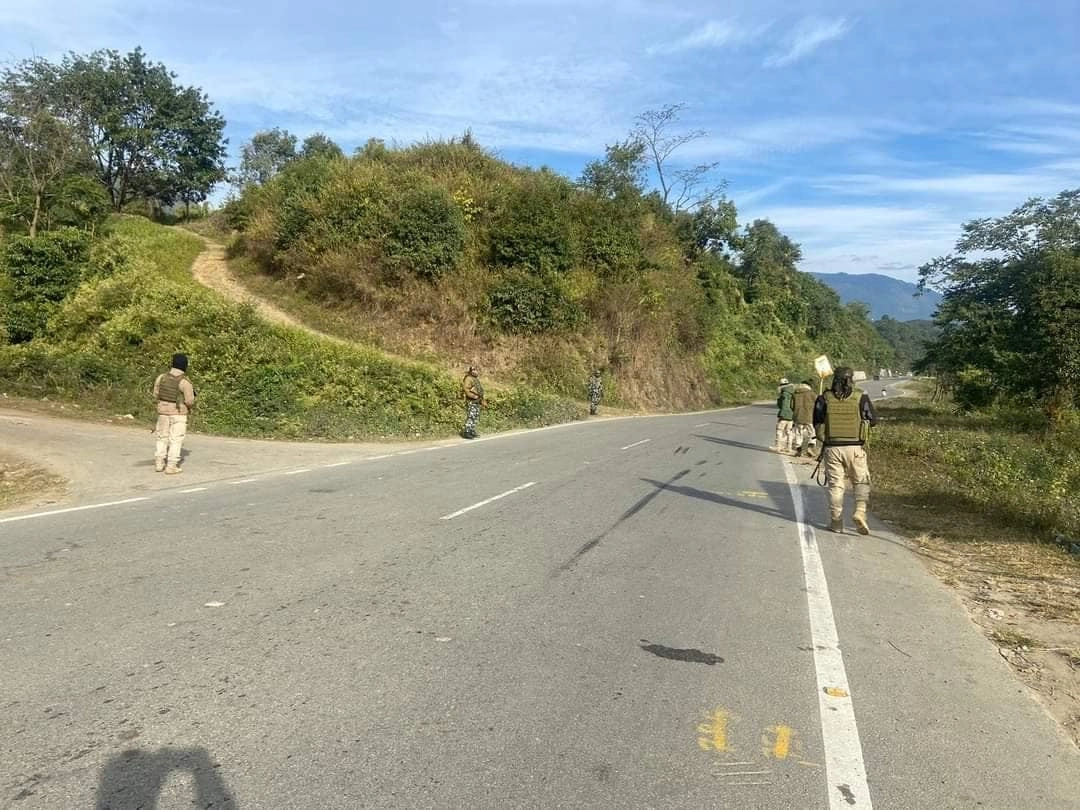Following Rahul Gandhi’s controversial social media post, which referred to Pakistan’s awareness of India’s internal matters, the Indian government responded with a statement highlighting the early phase of diplomatic discussions. Gandhi’s post ignited a robust debate, with critics arguing that it undermined national unity and raised questions about the timing and intent behind his comments. The opposition leader’s remarks seemed to suggest that Pakistan had a deeper insight into India’s political dynamics, which many found problematic given the historical tensions between the two nations.
The government’s response emphasized that the situation is still in the preliminary stages of dialogue, and it is crucial to approach such sensitive matters with caution and responsibility. Officials reiterated the importance of national security and the need for unity in the face of external threats. They expressed concerns that Gandhi’s statements could be misconstrued or exploited by adversaries, potentially harming India’s diplomatic standing. This exchange reflects a broader concern in Indian politics regarding the balance between political discourse and national interest, especially in a time when geopolitical tensions are high.
Moreover, the incident underscores the ongoing challenges in Indian politics, where leaders often navigate a complex landscape of domestic issues while also considering international ramifications. The government’s commitment to ensuring that discussions around national security remain focused and constructive is vital, especially as India seeks to strengthen its position on the global stage. As the political climate continues to evolve, it remains essential for leaders from all sides to engage in dialogue that fosters unity and resilience rather than division. This situation serves as a reminder of the delicate interplay between political rhetoric and the imperative of maintaining a cohesive national front in the face of external challenges.




